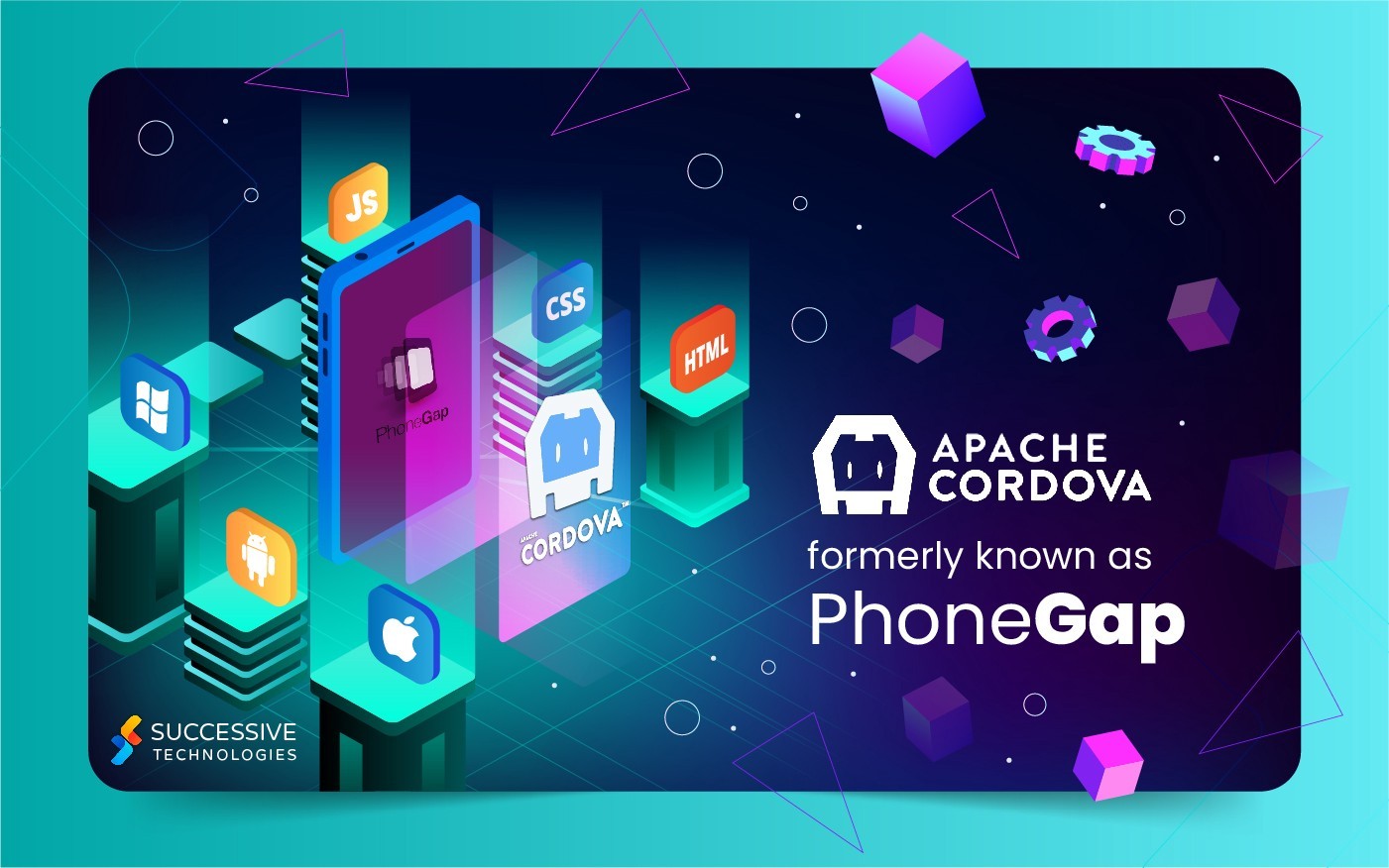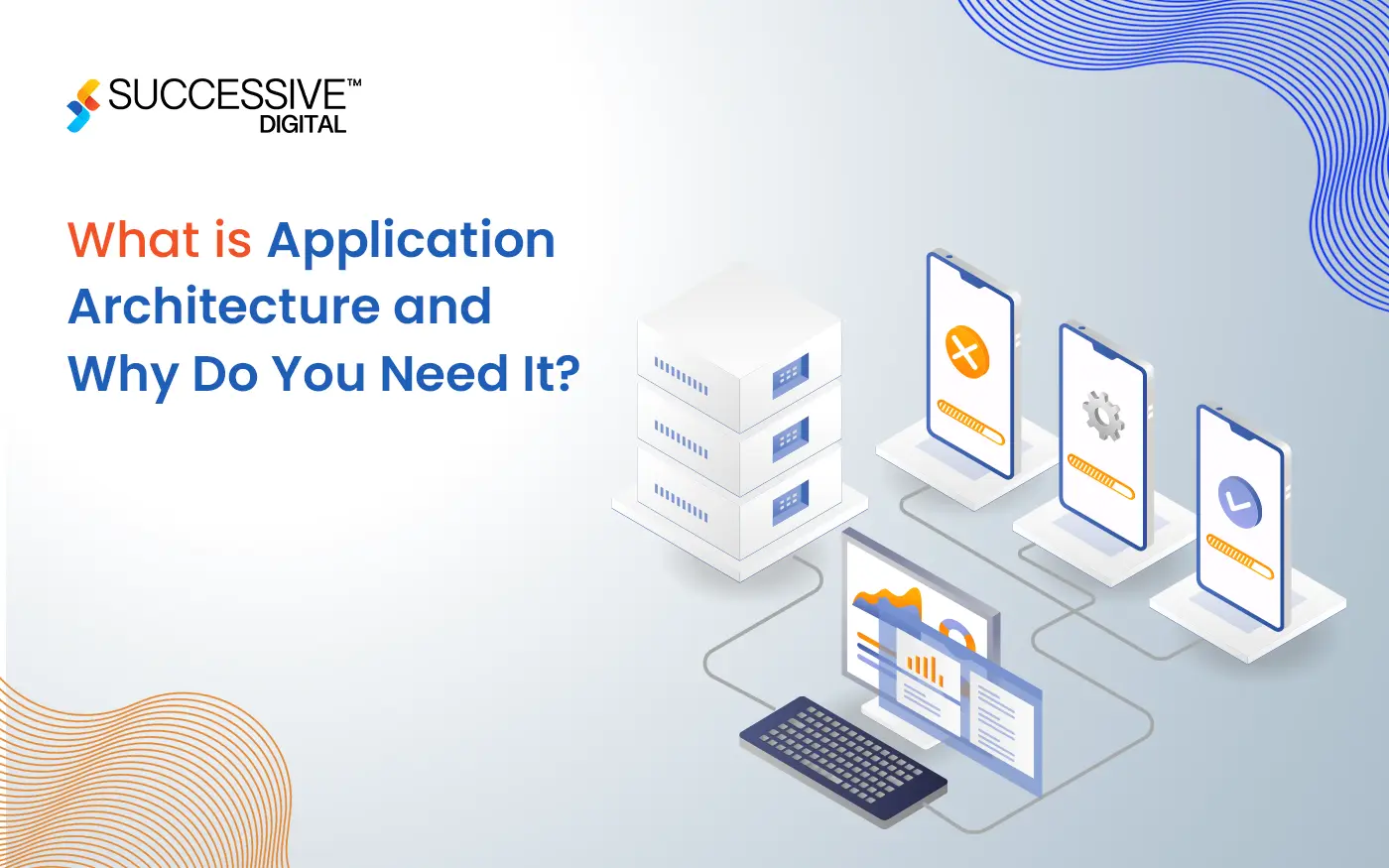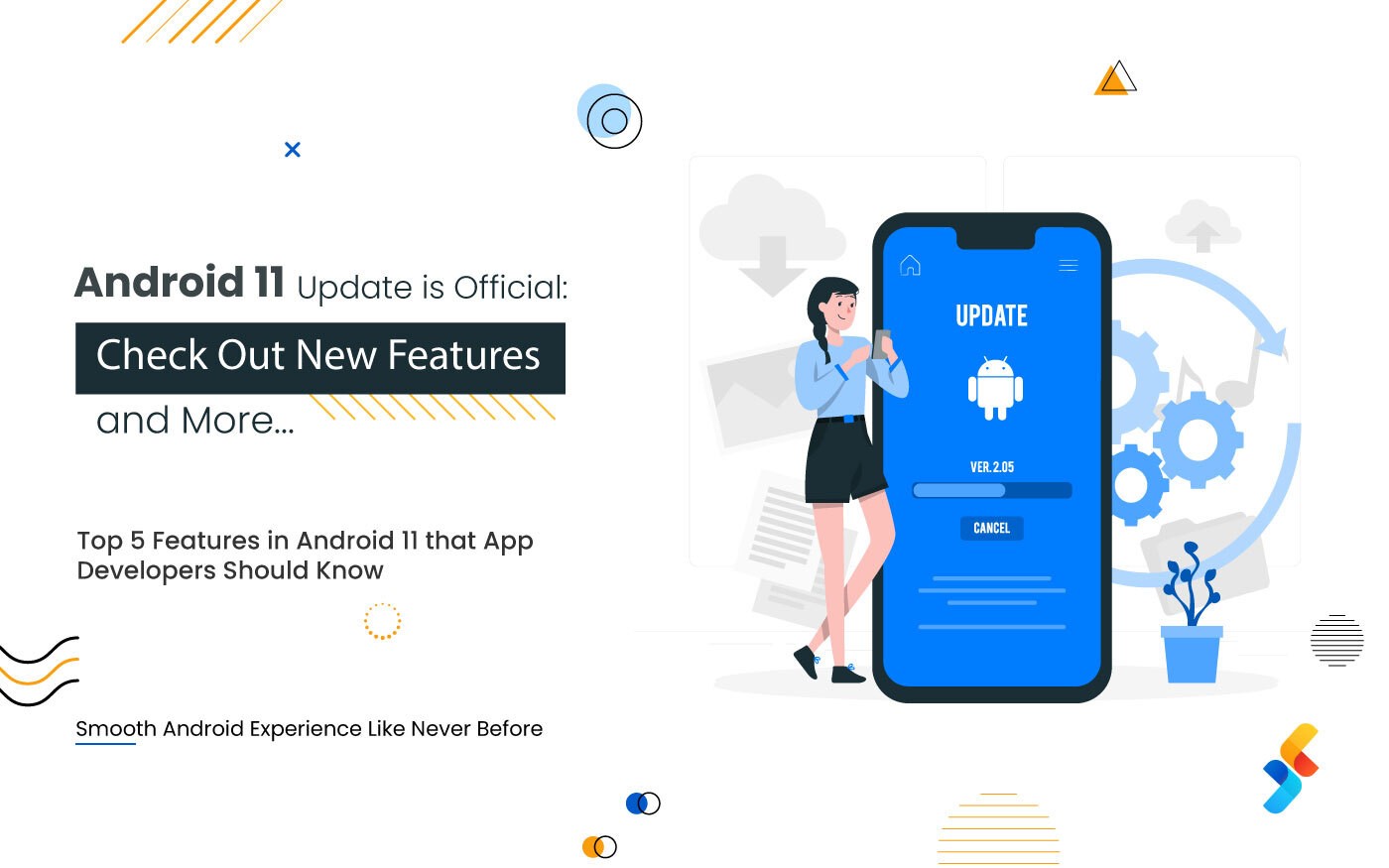Do you want to build a robust mobile app that functions optimally across Android, iOS, and Web platforms? As a business owner, you must consider whether to use native or hybrid app development services. Hybrid app development combines elements of both native and web applications and offers benefits like faster and cost-effective development, cross-platform compatibility, and access to device features.
Moreover, modern frameworks provide robust tools to interact with native device capabilities, making them suitable for a wide range of applications. One such cross-platform app development framework is Flutter, a Google-backed technology reshaping the future of building platform-independent applications.
Is Flutter good for app development? Notably, this technology is becoming a disruptive force for many reasons, making it a top choice in the industry efficiently. Additionally, Google continues to invest in Flutter, ensuring its long-term viability. Consequently, it provides credibility and reassurance to the business owner and developers as a framework for the future.
How Does Flutter Framework Empower Your Business? Top 6 Benefits
When it comes to the benefits of Flutter, you will realize this cross-platform technology has unique advantages compared to other frameworks that can help empower your business, such as scalability, flexibility, and seamless functioning across platforms. Moreover, this framework is an excellent choice for aspiring startups due to the cost-effective delivery of the final product and faster app development.
Do you want to know the Flutter pros and cons? Our blog, Flutter vs. Native App Development, explores the benefits of Flutter app development, including its challenges and demerits.
Let’s dive into the powerful Flutter advantages that can enhance business efficiently and effectively.
-
Accelerating App Development Process
Flutter is a flexible cross-platform framework that allows developers to deploy an application for multiple platforms. Hence, you will be able to build applications faster for various platforms, simplifying the development process with consistent app performance and user experience.
-
Seamless Cross-platform Experience Achieved
With Flutter, you get extensive theming capabilities that you can utilize to build apps effectively, ensuring a consistent look and feel on different platforms. Hence, it allows businesses to maintain brand identity across platforms while retaining design flexibility simultaneously.
-
Customizable Themes for Visually Appealing Apps
The customizable theming capabilities, with pre-defined colors, fonts, and other design properties applied to an entire app or specific widgets, can be used to create a user-friendly app interface. Hence, by using themes, you will provide a consistent and visually appealing appearance throughout the app.
-
Proactive Community and Ecosystem for Better Support
Backed by Google, Flutter has a robust and active community that is growing continuously. Hence, this framework is updated with an expansive ecosystem of libraries, tools, and frameworks, keeping it at the forefront of development technology. Moreover, having strong support from the community ensures that all of your queries get resolved with an effective app development process.
-
Deep Integration Capabilities for Improved Functionality
With the Flutter framework, you can provide seamless integration with popular third-party services, plugins, and APIs, helping you enhance and extend app functionality. Moreover, it allows you to incorporate highly complex features that are not available in Flutter directly by supporting calling into the native code of the host platform.
-
Accessibility and Internationalization
The Flutter framework emphasizes making apps accessible and inclusive for everyone, helping your business expand its market and potential audience reach. It also localizes apps into multiple languages with built-in widgets and APIs designed to support accessibility features (like screen readers) and internationalization (i18n).
Top 7 Features of Flutter Optimizing App Development Process
Over the years, Flutter has undergone significant enhancements, leading to more optimized app development and debugging processes. This includes the CanvasKit renderer, which is fully consistent with Flutter mobile and desktop, updated Dart DevTools for enhanced app development, built-in hot reload feature, and so on, supporting improved coding experience.
-
Unified Codebase for Multi-Platform Development
Flutter enables developers to write once and deploy across various platforms from a single codebase, leveraging the Dart programming language. This approach significantly reduces code duplication and maintenance efforts, fostering a more efficient development process.
-
Stateful Hot Reload for Rapid Iteration
Developers can instantly view the impact of the changes made to the code due to the Hot Reload feature, retaining the state of the application. Hence, this significantly accelerates UI development and debugging, making Flutter ideal for iterative design processes.
-
Compilation to Native ARM Code
During the app development, Flutter apps are compiled directly into native ARM code for both Android and iOS. This ensures optimal performance facilitated by the Dart compiler, featuring ahead-of-time (AOT) compilation for compiling applications directly to machine code and just-in-time (JIT) compilation for development cycles.
-
Extensive Widget Library with Customizable UI Components
Flutter’s rich set of pre-designed widgets supports the creation of visually appealing and highly customizable UIs. These widgets are organized into Material Design and Cupertino styles, allowing for the development of apps that adhere to the specific design languages of Google and Apple, respectively.
-
Robust Flutter Engine Architecture
Designed with an extensible, layered system, the underlying graphics rendering engine (written in C++) is created to interface with platform-specific SDKs. Hence, this enables high-performance, platform-agnostic rendering capabilities. Also, the Flutter architecture layers support rendering highly complex UIs at consistent frame rates.
-
Comprehensive Development Tools and IDE Support
Supported by a Flutter extension or plugin, like VS Code and Android Studio, You can build apps using any text editor or integrated development environment (IDE) combined with Flutter’s command-line tools. These comprehensive libraries are used for debugging, profiling, and scrutinizing Flutter applications, ensuring a streamlined development process from initial design to final deployment.
-
Dart Advantage
Utilizing Dart allows Flutter to tap into a language optimized for UI development, featuring a reactive programming model, sound null safety, and a comprehensive standard library that supports asynchronous programming patterns, crucial for modern app development.
Conclusion
Why choose Flutter for app development? Is it an ideal choice for your project? Are the benefits of Flutter app development crucial for your business? These are some of the reasonable concerns you can face while making the final decision about a suitable framework.
By understanding Flutter pros and cons, you can make an informed decision for your project. Moreover, a reliable Flutter app development company can help you implement the key benefits for optimized and cost-efficient app development, aligning with your business requirements.
Frequently Asked Questions
Flutter is an open-source framework created by Google that supports multi-platform app development. This UI software development kit optimizes the app development process, making it easy to build, test, and deploy applications.
Flutter framework is used to build seamless and consistent-performing mobile (iOS and Android), web, and desktop apps with a single codebase (Dart programming language).
Whatever the type of app you want to build:
- eCommerce,
- social media,
- on-demand,
- or FinTech app,
Flutter is a suitable framework for fulfilling all your app development requirements.
The Flutter framework offers various advantages to help you build your application effectively. These include faster time to market, optimized development process, and cost-effectiveness. Moreover, it has been used to build robust applications by widely known industries like Google, Tencent, and Alibaba. Hence, Flutter is one of the most trustable frameworks for building a robust and interactive application with consistent performance across platforms.
Flutter frameworks have a range of benefits, such as enabling cross-platform compatibility, accelerating the app development process, lowering app development costs, and allowing the single use of a codebase.
Flutter and React Native are cross-platform app development frameworks for developing intuitive applications for various platforms and devices. Both frameworks have their own features that must be considered when making an ideal choice for your project.
Hence, you must understand your project requirements and the benefits of Flutter and React Native to find out which fits your needs. Read our blog React Native vs. Flutter vs. Ionic to compare the three frameworks comprehensively and help you select the best one among them.












